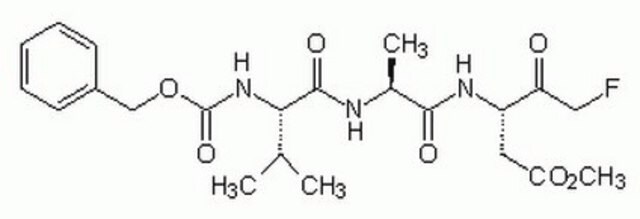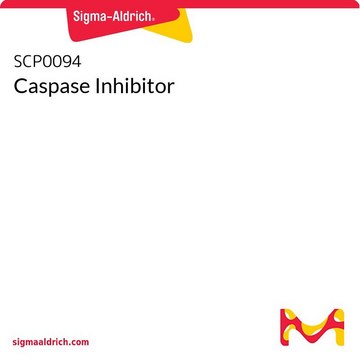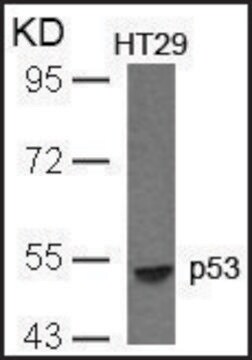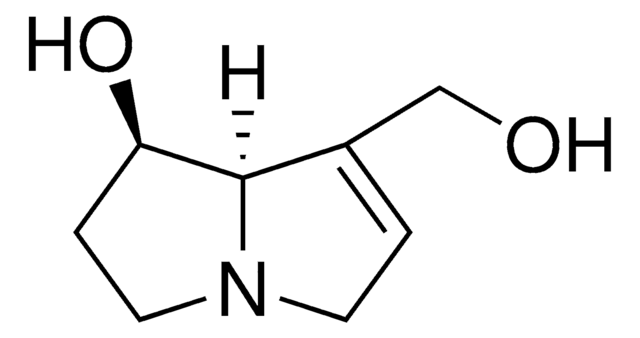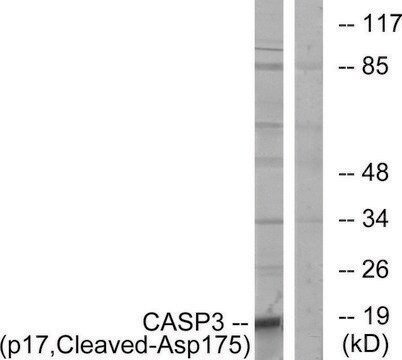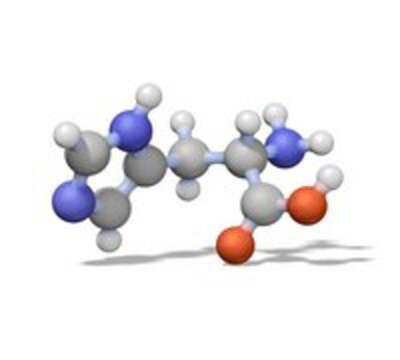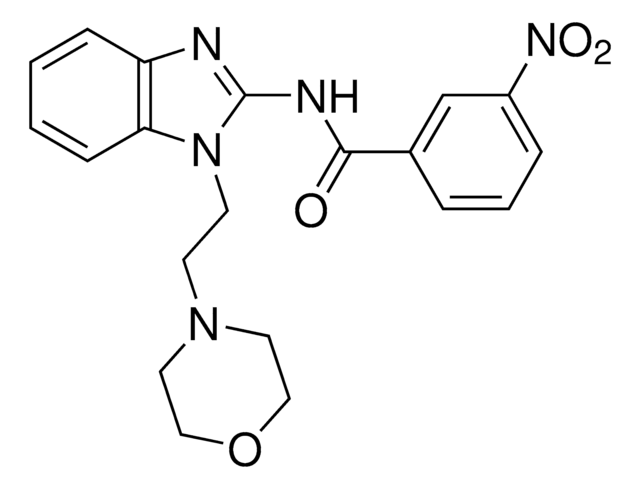SRP0187
Bcl-xL Active human
recombinant, expressed in E. coli, ≥90% (SDS-PAGE)
Synonyme(s) :
Apoptosis regulator Bcl-X, BCL-XL/S, BCL2L1, Bcl-2-like protein 1
About This Item
Produits recommandés
Source biologique
human
Produit recombinant
expressed in E. coli
Pureté
≥90% (SDS-PAGE)
Forme
aqueous solution
Poids mol.
28 kDa
Conditionnement
pkg of 100 μg
Conditions de stockage
avoid repeated freeze/thaw cycles
Concentration
>0.02 mg/mL
Numéro d'accès NCBI
Conditions d'expédition
dry ice
Température de stockage
−70°C
Informations sur le gène
human ... BCL2L1(598)
Description générale
Application
Actions biochimiques/physiologiques
Forme physique
Notes préparatoires
Mention d'avertissement
Danger
Mentions de danger
Conseils de prudence
Classification des risques
Eye Irrit. 2 - Repr. 1B - Skin Irrit. 2
Code de la classe de stockage
6.1C - Combustible acute toxic Cat.3 / toxic compounds or compounds which causing chronic effects
Classe de danger pour l'eau (WGK)
WGK 2
Certificats d'analyse (COA)
Recherchez un Certificats d'analyse (COA) en saisissant le numéro de lot du produit. Les numéros de lot figurent sur l'étiquette du produit après les mots "Lot" ou "Batch".
Déjà en possession de ce produit ?
Retrouvez la documentation relative aux produits que vous avez récemment achetés dans la Bibliothèque de documents.
Articles
Huntington's disease (HD) is an autosomal dominant, late-onset neurodegenerative disorder characterized by a selective neuronal cell death in the cortex and striatum leading to cognitive dysfunction, motor impairment and behavioral changes.
Notre équipe de scientifiques dispose d'une expérience dans tous les secteurs de la recherche, notamment en sciences de la vie, science des matériaux, synthèse chimique, chromatographie, analyse et dans de nombreux autres domaines..
Contacter notre Service technique
